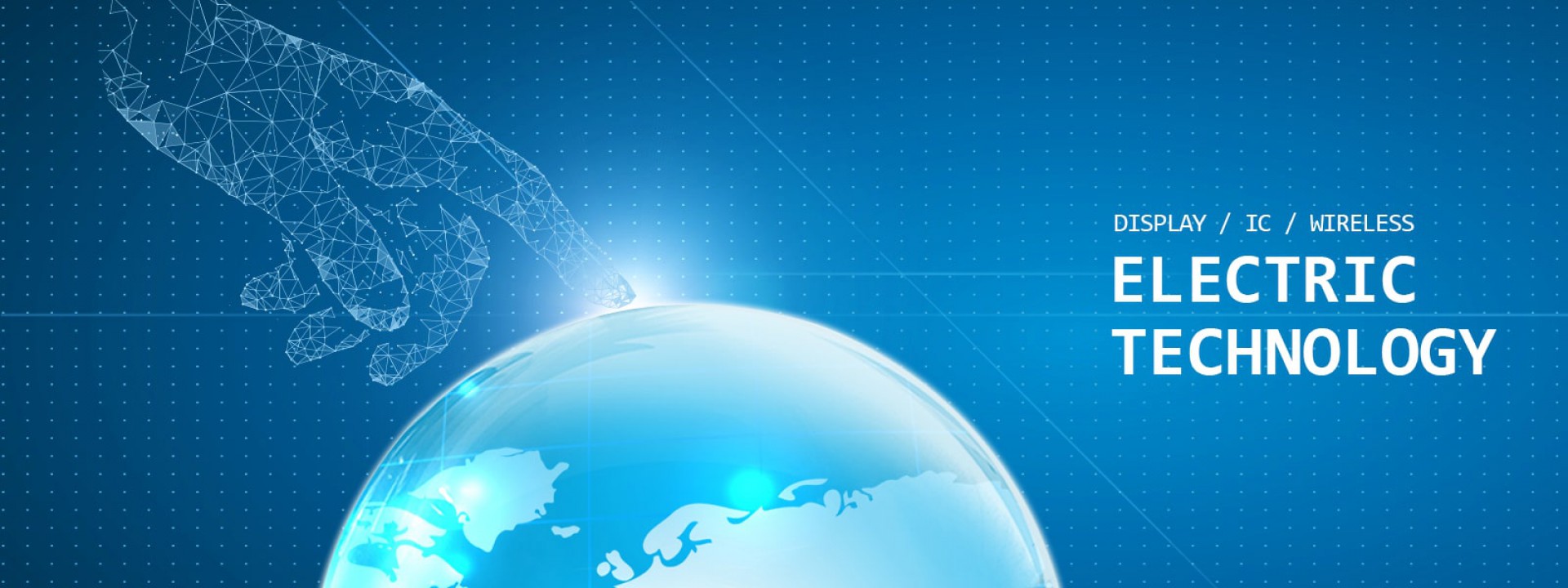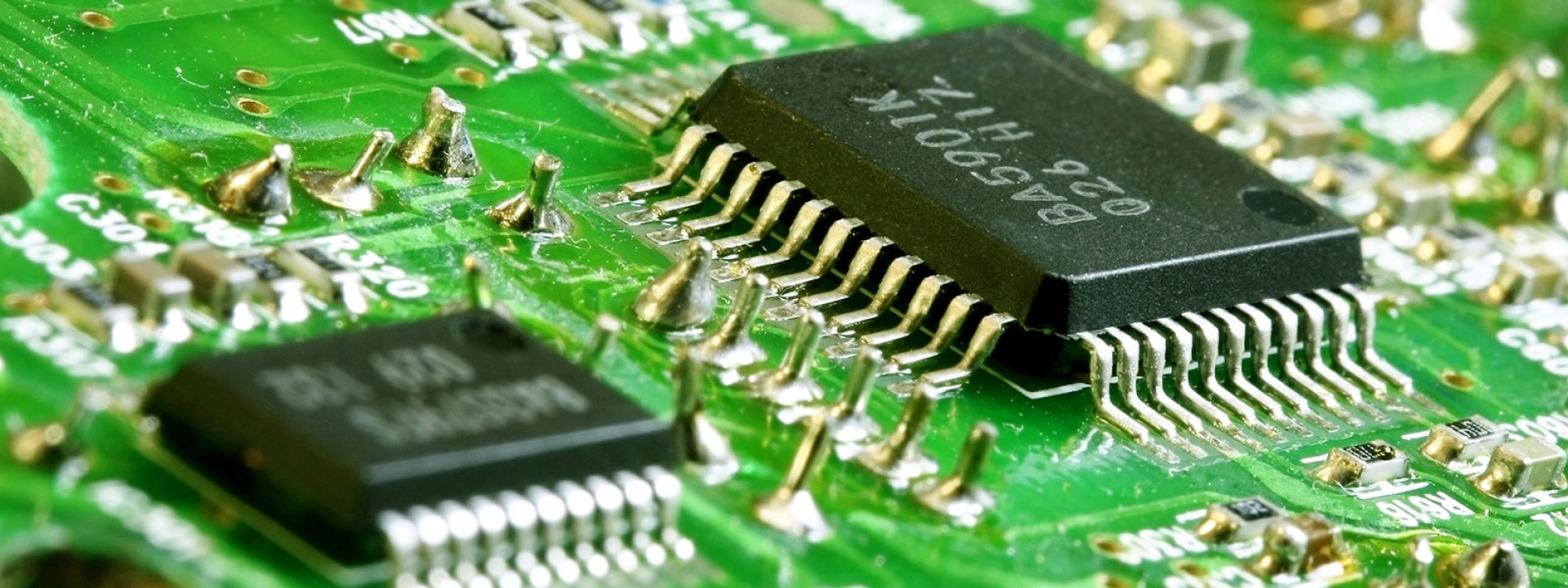News & Events
IC substrate maker Kinsus Interconnect Technology saw its net profits for second-quarter 2021 shoot up 202% on year to NT$1.01 billion (US$36.1 million), thanks to substantial improvements in production yield rates and efficiency in arranging production schedules, according to company statistics.
Kinsus' second-quarter revenues surged 28.58% on year reaching NT$8.712 billion, with gross margins rising 4.75pp to 27.1%. Its January-June sales rose 25.81% on year to NT$15.951 billion, and net earnings for the period jumped 235% to NT$1.385 billion. The drastic profit gains have allowed Kinsus to get rid of its losses resulting from investment in production of substrate-like PCB products.
At the moment, BT substrates remain the largest product line at Kinsus, contributing 50% of its revenues, compared to nearly 30% for ABF substrates, and around 20% for traditional PCB products, the same tallies indicate.
Kinsus has many major chipmakers among its clients for BT substrates, including handset AP vendors Qualcomm and MediaTek, memory supplier Micron and networking chips makers such as Skyworks and Qorvo. It also supplies BT-based SiP and AiP substrates to Apple, according to industry sources.
Meanwhile, Xilinx remains Kinsus' largest ABF substrate client, followed by Nvidia and Altera. The company has just cleared product validation by AMD, and is expected to further drive up its shipments of ABF substrates in 2022 as a new growth driver for the company, the sources said.
Kinsus is expected to see its revenues for the third quarter grow 10% sequentially as BT substrate shipments for iPhones are set to peak in the months ahead, and its fourth-quarter sales may also grow further.
The company's capex for 2021-2022 is estimated to total NT$17-18 billion, mainly to support its IC substrate capacity expansions by 30% in 2021 and another 30-40% in 2022.
In related news, the gross margins for BT substrates will be catching up with those for ABF substrates from lagging behind by 10%, due to the increasingly tight capacity and ever-mounting demand, industry sources said.
The sources continued IC substrate makers including Unimicron Technology, Nan Ya PCB, Kinsus and their peers in Japan and Korea are more aggressively enforcing capacity expansions for ABF substrates than for BT substrates to benefit from higher unit prices and gross margins as well as persistently strong demand for processing 5G HPC and networking chips.
By DIGITIMES






